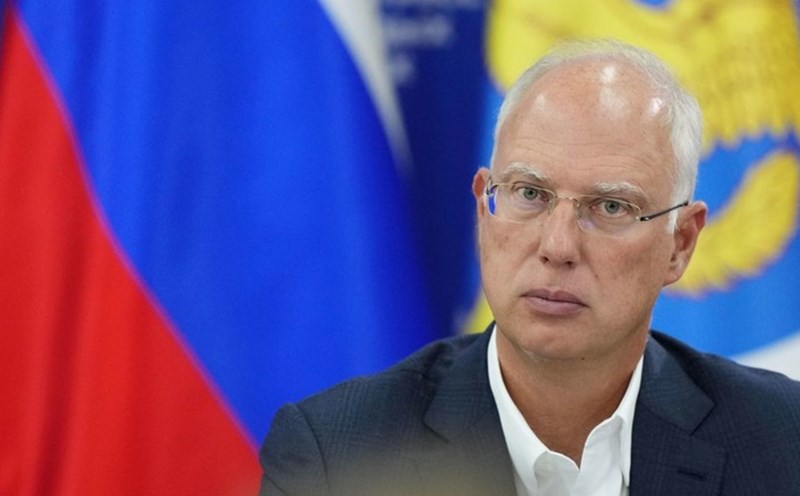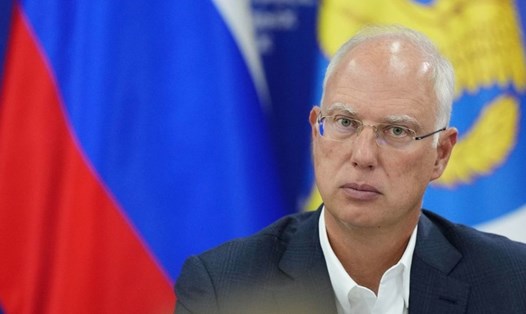TASS reported that during the visit to St. Petersburg. Petersburg on February 19, Russian President Vladimir Putin warned that Ukraine's recent attack on the Kropotkinskaya pumping station of the Caspian pipeline consortium (CPC) in southern Russia would increase and prolong world energy prices, causing disadvantages for global consumers.
Mr. Putin affirmed that Ukraine could not carry out this attack alone. He said the incident was signs of a coordinated campaign with Europe. "But I don't want to believe that," the Russian president said.
According to Mr. Putin, such attacks could not have been carried out without the support of reconnaissance satellites, and Ukrainian satellite data would have been provided entirely by the West.
President Putin revealed that the CPC oil pipeline does not have a defense system because Russia does not consider it a potential attack target.
"We believe that this cannot be an attack target. This is not Russia's infrastructure, but a part of the international energy system," Putin pointed out.

Although the pipeline passes through Russia, most of the oil belongs to US and European companies.
The Russian leader stressed that the attack would affect the global energy market, pushing oil prices up for a long time. This will cause great losses for European consumers, who are already under pressure from escalating energy prices.
The US government has repeatedly said it wants to stabilize or cool down energy prices, but the attack pushed prices higher, going against their targets.
The incident was likened to the West "beating him upside down", because the attack damaged Western equipment. And Mr. Putin affirmed that they cannot be fixed quickly.
At the same time, Europe has extended sanctions against Russia, including a ban on the export of oil and gas equipment to Russia. This means that destroyed equipment cannot be replaced.
With this development, not only Russia but also Western countries will have to bear the consequences of their policies.
The CPC oil pipeline is a route that supplies about 1% of the world's oil. Caspian pipeline consortium, a joint venture with a Russian shareholder, operates a pipeline running from the Caspi coast in northwestern Kazakhstan to the port of Novorossiysk on Russia's Black Sea coast and carries 80% of Kazakhstan's crude oil exports.
The CPC's main shareholders include many large oil and gas companies from Russia, Kazakhstan, the US and Europe.
Kazakhstan owns the majority (about 50%) through state-owned companies and joint ventures with Chevron.
Russia controls 31%, mainly through Transneft and Lukoil.
Western oil and gas corporations (Chevron, ExxonMobil of the US, Eni of Italy, Shell of the UK) hold about 19%.
Caspian pipeline Consortium announced on February 17 that the Kropotkinskaya pumping station in Russia had been attacked by seven drones equipped with additional explosives and ammunition.
As a result of the attack, energy equipment, a gas turbine and a transformer station were damaged. Oil flow through pipelines to the global market has decreased by 30-40%.











